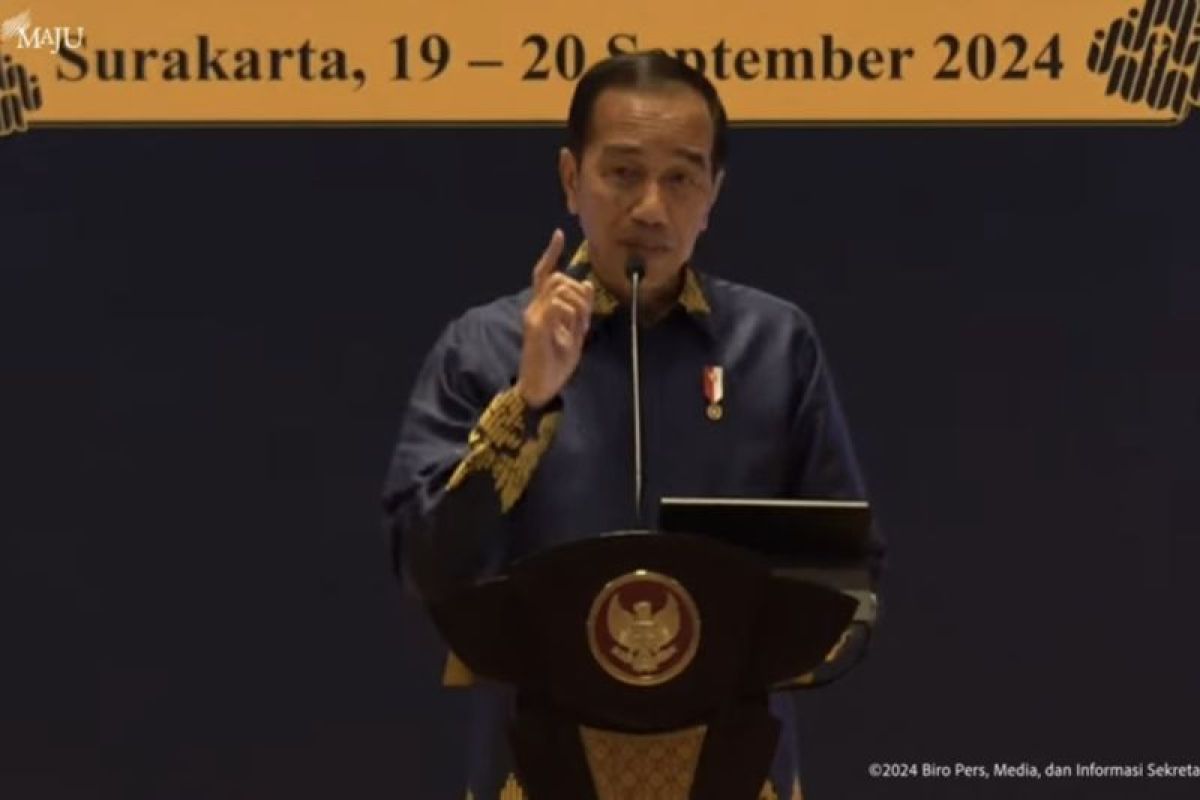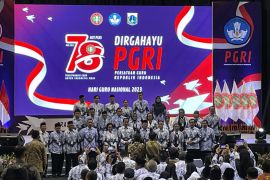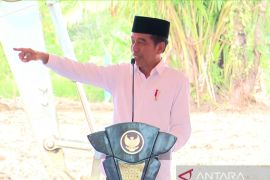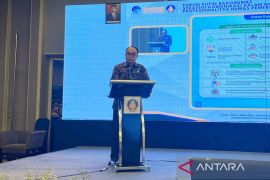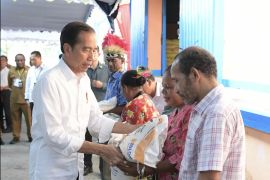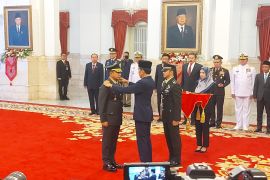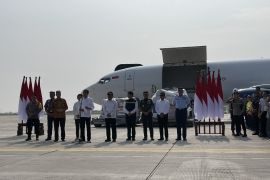While opening the 22nd Congress of the Indonesian Economic Bachelors Association (ISEI) and the 2024 ISEI National Seminar in Surakarta, Central Java, on Thursday, he observed that developed countries usually tend to hinder downstreaming efforts made by developing countries.
"Normally, it is impossible for us to do downstreaming (without obstacles): it will definitely be intervened by developed countries," Widodo said at the seminar, which was followed online from Jakarta via the Presidential Secretariat's channel.
The president also recalled when his government took over Freeport, which is located in the highlands of Tembagapura, Mimika, Central Papua Province. At the time, many reminded him of the potential political risks, he said.
"When I was going to take over Freeport, many 'whispered' to me, 'Sir, be careful, Papua can become separate. Sir, be careful, you can be overthrown. Sir, be careful, downstreaming is not an easy job,'" he added.
Furthermore, Jokowi highlighted that Freeport has been operating for 55 years, but it does not have a smelter, even though the natural resources in the area, such as copper and gold, are very valuable.
"There is not only copper, but also other goods that are more expensive, such as gold," he said.
With the construction of a smelter in Gresik, East Java, the government is hoping to tap the gold potential that has been lost so far, he added.
With this step, he said he expects Indonesia to maximize the potential of its natural resources and reduce dependence on foreign parties.
Related news: Formulate labor-intensive downstream strategy for developing coffee
Related news: RI could dominate global market through nickel downstreaming: official
Translator: Andi F, Kenzu
Editor: Rahmad Nasution
Copyright © ANTARA 2024
